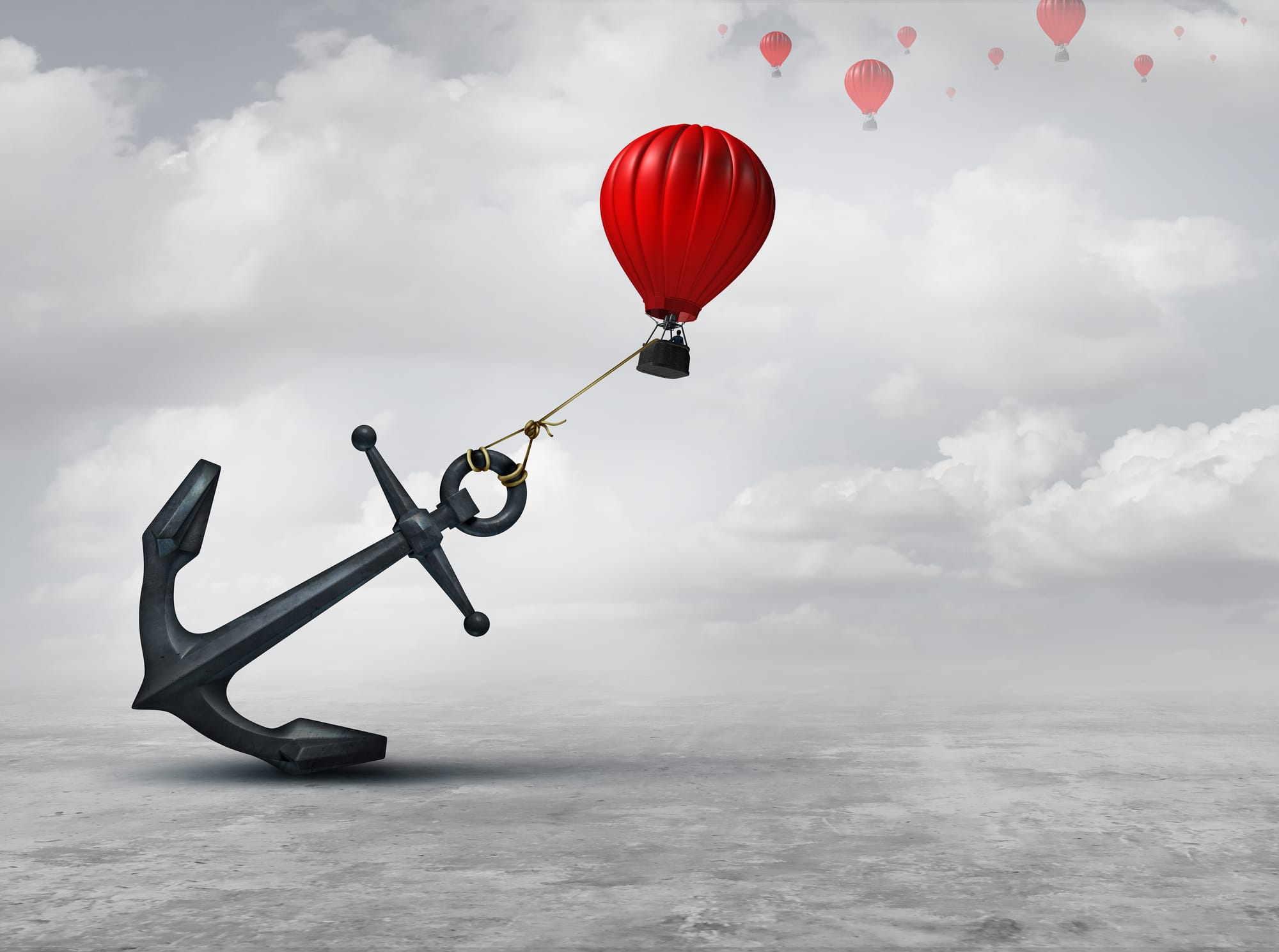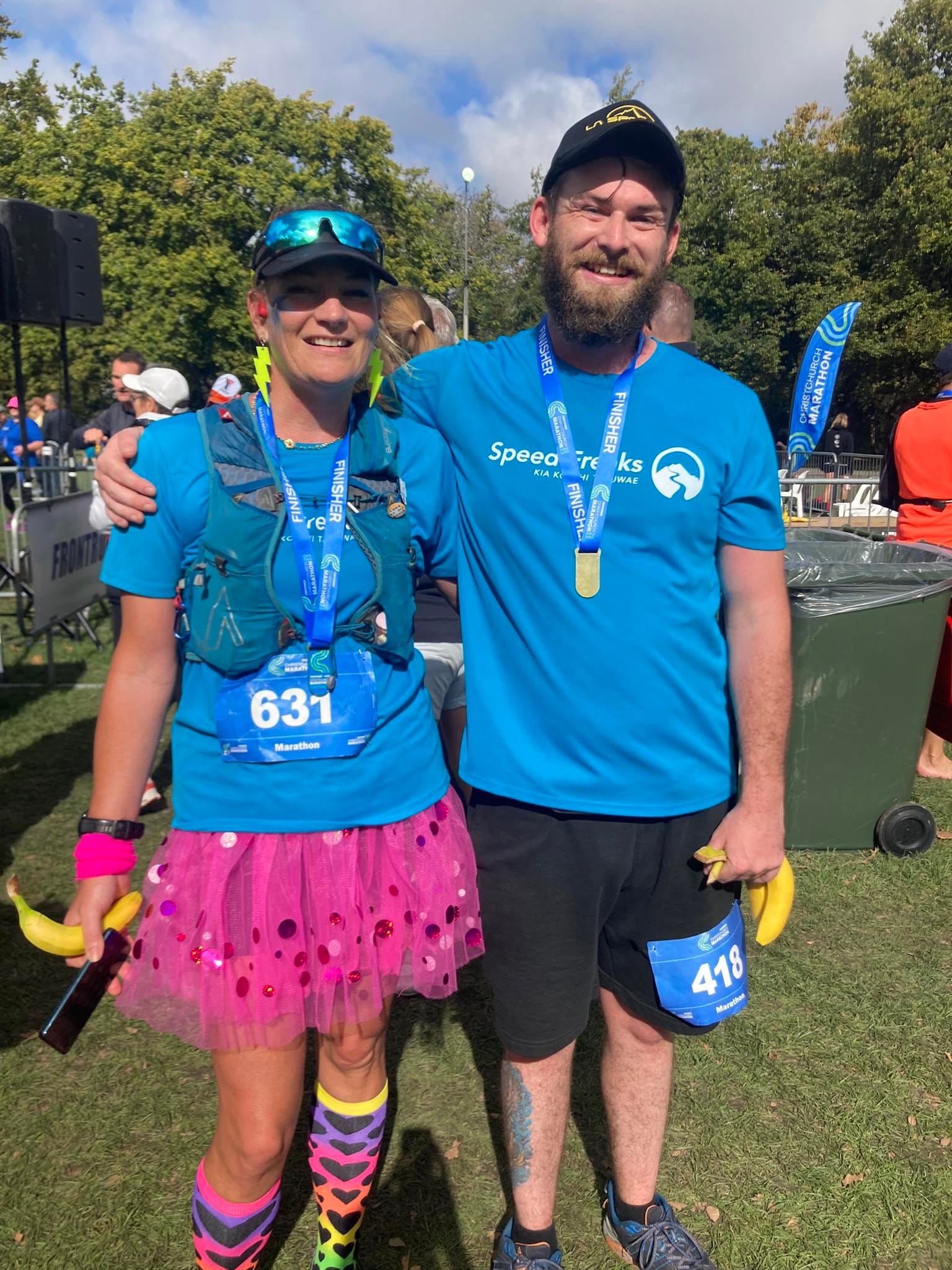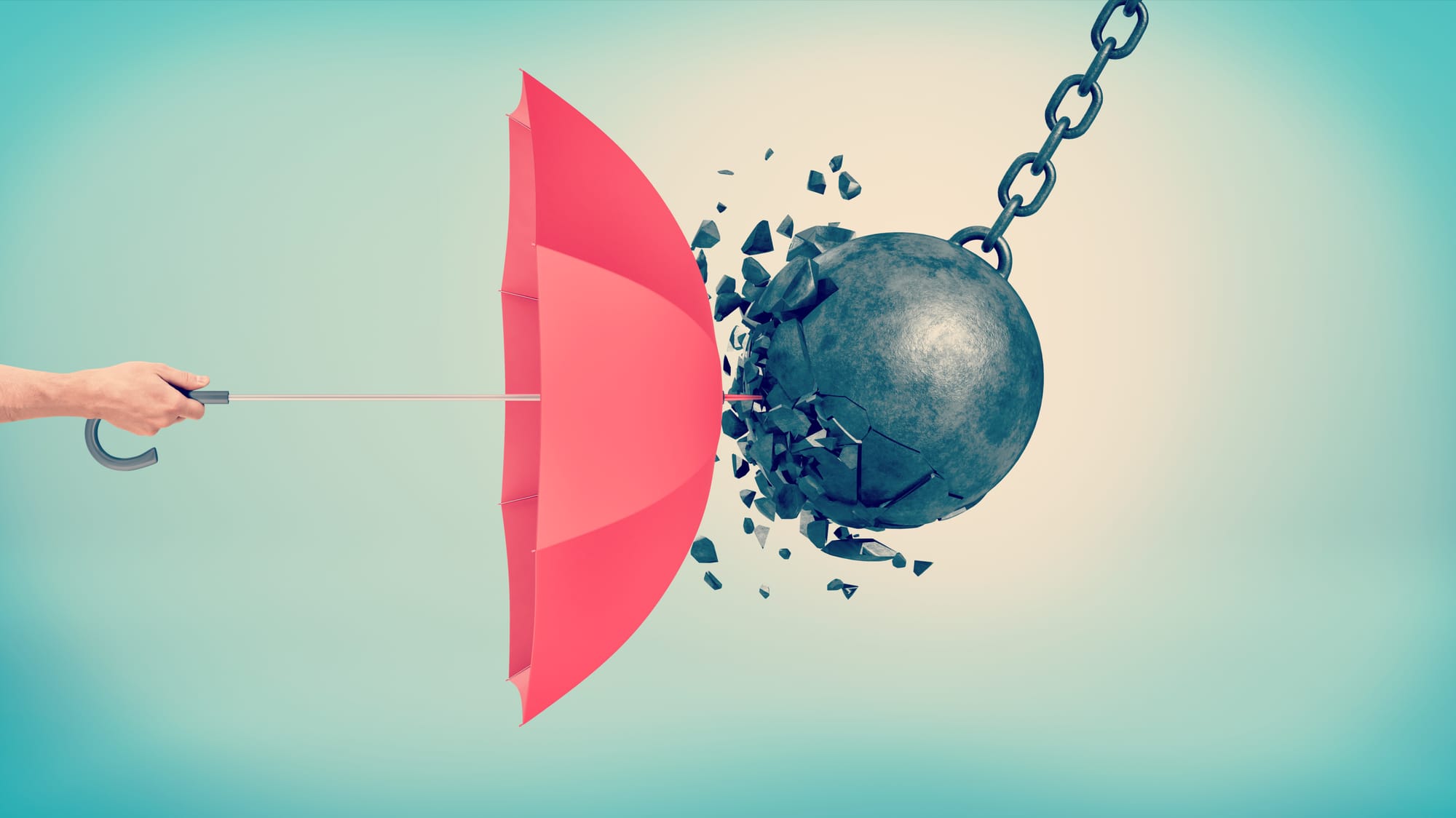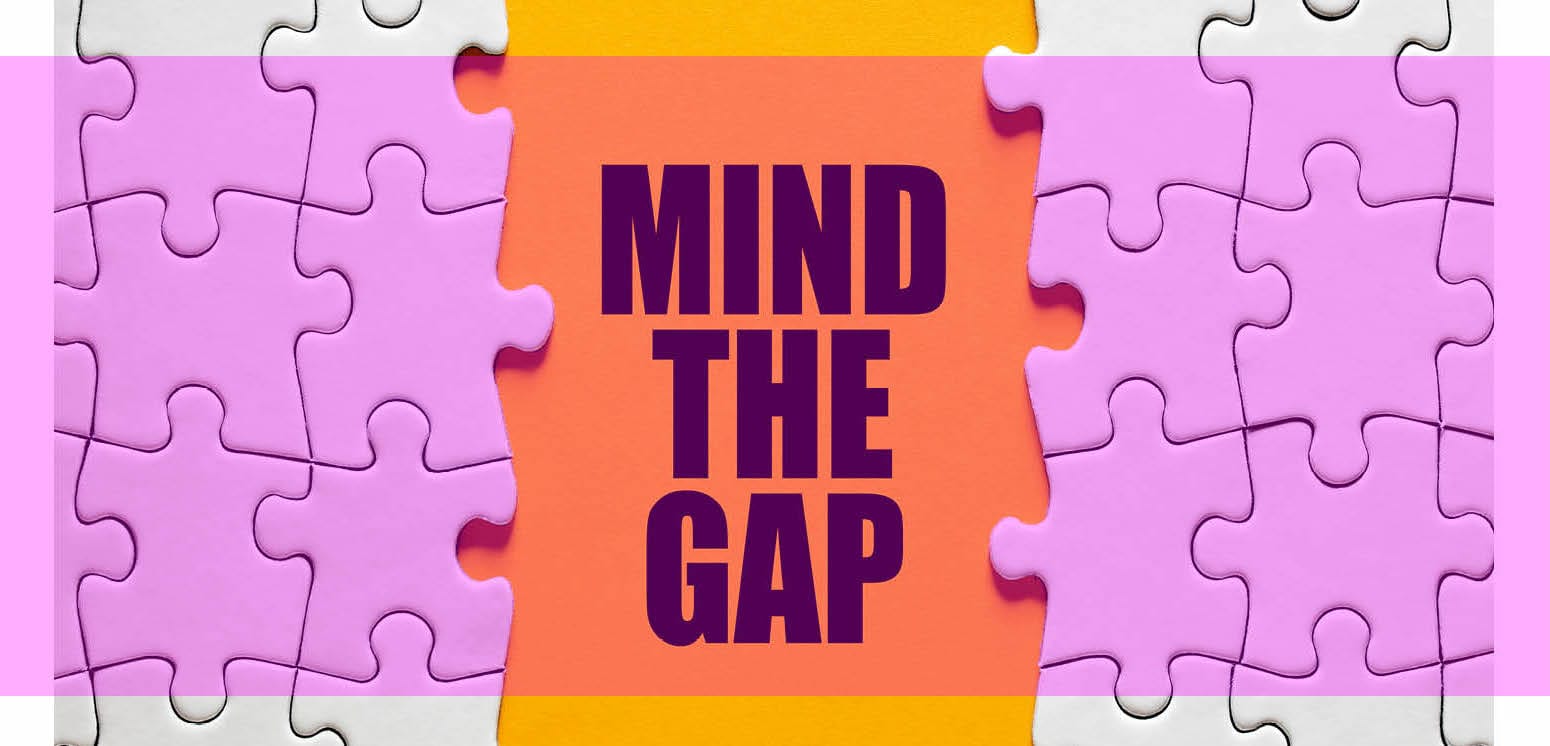
Come unstuck!
Our own worst enemy
We often make things more complicated than they need to be. We wait for the perfect conditions, the right framework, the official green light—but the reality is, we just need to start. Movement and connection are simple. The hardest part is taking that first step.
One step at a time still holds true
In my experience with Speed Freaks, a community and peer-led running group supporting those in recovery, I’ve seen this play out time and again. People assume they need to be fit, fast, or ready before they begin. But the truth is, every runner, every walker, every person in recovery started small. Maybe it was just reaching the first lamp post, out of breath, unsure if they could keep going. Maybe it was showing up for the first time, worried they wouldn’t belong. The key is that they started.
Community power
The biggest hurdle isn’t the run, the event, or the recovery journey—it’s the confidence to get off the couch and out the door. The small steps matter. Movement, even in tiny increments, has a profound impact on well-being. And when you’re moving with others, that impact multiplies.
At Speed Freaks, our community volunteers and peers who have completed our programme provide that wrap around support. They show up, they encourage, they remind each other that every step forward counts.
Stop overthinking, start moving
This idea of taking small steps applies far beyond running. It’s true for organisations, too.
Lead from the heart
Instead of waiting for the perfect plan, what if we just started? What if we led with intent and adapted along the way? If something doesn’t work, we adjust. But the most important thing is to take that first step.
Call to action: Start today
- Take the first step. Whether it’s movement, recovery, or community involvement, whatever our idea —just begin.
- Don’t overthink it. As NGOs we don’t need to be fully prepared; we just need to start.
- Invest in peer support. People who’ve been there and who can walk alongside are THE MOST POWERFUL TOOL IN THE BOX
- Support grassroots initiatives. Programs like Speed Freaks thrive when communities get involved.
- Ask the community for support.
- Remember: small steps lead to big change. Every step forward, no matter how small, is progress.

“Building confidence with a group who believe in me’
Francis had battled with addiction for a long time and never found anything that ‘clicked’ for him to sustain recovery – until he found the Speed Freaks. “I wasn’t so keen to begin with, but after going a few times I knew it was the thing for me,” he says. “Everything has its place in a recovery journey and treatment is necessary, but this has filled a gap that exists for so many – it’s a natural forming relationship thing that people need.” Having felt ‘lost’ much of his youth and early adulthood, finding the Speed Freaks was a chance for Francis to step into a new way of approaching how he looked at his life. “Before I had real trouble managing my thoughts and would sink back into negativity and not seeing a way out,” he says. “Now, I have something to focus on that I know is good for me mentally and physically. I recognise that sometimes things are tough, but I can get through them and it will pass. The support from the Speed Freaks is there on the good days and the bad days.”
“It’s not so much always about the running, it’s about building my confidence with a group who believe in me and having a bond with others,” he adds.
“I never thought I could be part of a community,” he adds. I used to feel like there was an invisible wall of people not trusting me because of my past; this has broken down that wall.


